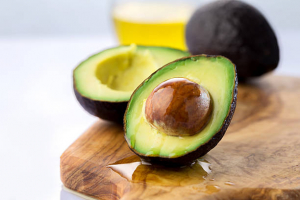Top 5 Health Benefits of Eating Aloe Vera
You've certainly heard of aloe vera because of its popularity as an after-sun treatment and a topical therapy for a variety of skin ailments, but did you know ... read more...it can do so much more? Study after study reveals that consuming aloe vera has multiple advantages for everything from digestion, skin, the immune system, hydration, and more. Continue reading to discover why this plant is one of the most potent natural health discoveries ever made, as well as the advantages of consuming aloe vera.
-
One of the nicest things about aloe vera is that it contains antioxidants. It is a potent antioxidant that aids in the protection of the body against hazardous poisons and environmental contaminants. It scavenges for and eliminates free radicals, lowering the chance of getting cancer or other disorders. If you wish to benefit from its antioxidant benefits, talk to your nutritionist about the appropriate amount of aloe vera you should drink each day.
According to test-tube research, the aloe plant has anti-inflammatory qualities. As a result, many individuals use it to treat and cure skin ailments such as burns and sores. Polyphenols, a class of antioxidant-rich plant chemicals, are thought to be responsible for their anti-inflammatory effect. Antioxidants help protect your body from free radical damage, often known as oxidative stress. Chronic oxidative stress, according to research, might raise the risk of certain health disorders such as heart disease and even some malignancies.

It Has Antioxidant Properties 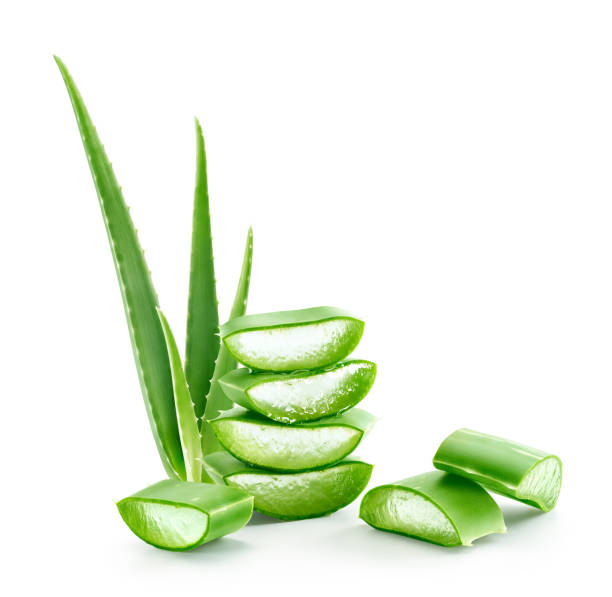
It Has Antioxidant Properties -
Because aloe vera is known to have anti-inflammatory characteristics, it might be used to treat burns and other skin conditions such as atopic dermatitis. Many of the skin health advantages of aloe vera are apparent when it is applied topically rather than taken as a drink. Nonetheless, there is insufficient data on oral aloe vera supplementation. In one research, ingesting 40 mcg of aloe sterol daily for 12 weeks increased skin elasticity in a group of males under the age of 46.
Another research discovered that ingesting aloe vera increased collagen formation and decreased the appearance of wrinkles in women over the age of 40. It's worth noting that in each of these research, aloe was ingested as a supplement rather than juice. Furthermore, while this research is encouraging, it is not definitive, and further human studies are required. Topically applying aloe vera is widely thought to help heal many skin diseases. Taking aloe vera supplements may help improve skin suppleness and decrease wrinkles, according to some studies, but further research is needed.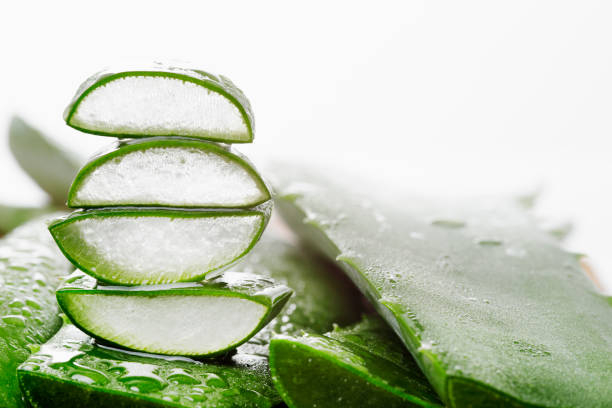
May help treat skin conditions and improve skin appearance 
May help treat skin conditions and improve skin appearance -
Older research suggests that aloe vera gel and juice may reduce fasting blood sugar levels in persons with type 2 diabetes. In contrast, two different studies indicated that consuming aloe vera juice did not reduce fasting blood sugar levels in those with type 2 diabetes, but it did in those with pre-diabetes. Another study found that aloe juice decreased blood sugar and fatty acid levels in people with pre-diabetes.
While this appears to be promising, research is limited. To confirm the link between aloe vera juice and blood sugar management, larger, randomized, and controlled trials are required. Furthermore, aloe vera extract supplements are not standardized, controlled, or regarded as a safe alternative to diabetic therapy. According to a preliminary study, aloe vera juice may reduce fasting blood sugar levels in persons with pre-diabetes. Still, additional, more robust evidence is required to investigate and perhaps corroborate these advantages.
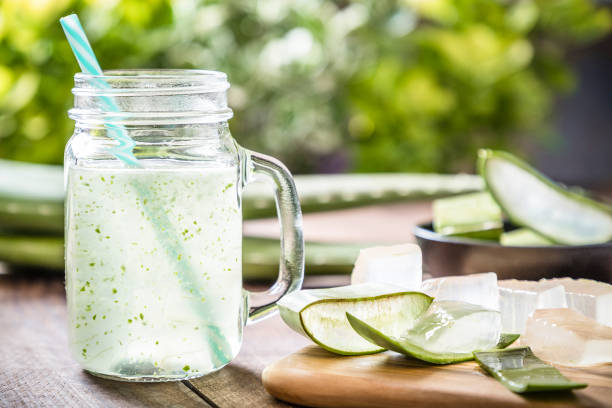
May benefit pre-diabetes treatment 
May benefit pre-diabetes treatment -
Anthraquinone glycosides are found in aloe vera juice. These are plant chemicals that have laxative properties and may help alleviate constipation. The Food and Drug Administration (FDA) no longer allowed aloe vera laxatives for over-the-counter sales in 2002 because they had not been studied for safety and efficacy.
According to an early study, aloe vera syrup may help treat and lessen the symptoms of gastroesophageal reflux illness (GERD). Another preliminary study suggests that utilizing aloe vera extract to treat irritable bowel syndrome (IBS) has promising benefits. Finally, while aloe vera may have digestive advantages, there isn't enough study to determine the safety or dose of its usage for these purposes. Aloe vera juice may work as a laxative, though research on the safety of aloe vera products is lacking. Some research suggests aloe could have other benefits on digestive health, but more research is needed.
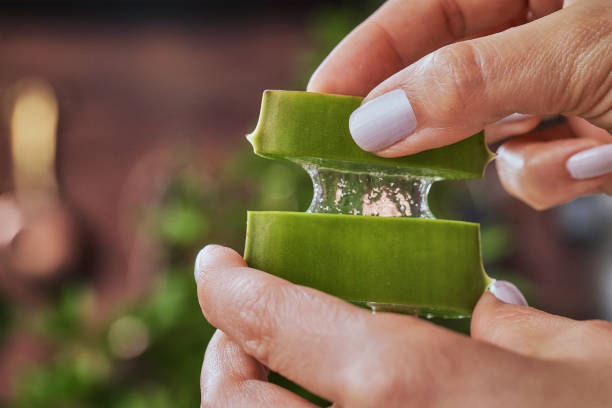
May help with digestive issues 
May help with digestive issues -
Some animal studies indicate that aloe vera has antibacterial characteristics and may aid in the treatment of certain dental and oral disorders. Furthermore, in a trial of 74 persons with oral submucous fibrosis — a chronic illness that causes discomfort and inflammation in the mouth — ingesting 1 ounce (30 mL) of aloe vera juice twice daily for 3 months was as beneficial as typical therapies like hydrocortisone injections. Another study discovered that using an aloe vera mouthwash successfully decreased the intensity and suffering of oral mucositis, a typical side effect of chemotherapy and radiation therapies, in people with head and neck cancer.
Furthermore, a study of 64 cancer patients revealed that using an aloe vera mouthwash solution three times a day for 14 days helped lessen the development and suffering of chemotherapy-induced stomatitis, which is a mouth infection. Aloe vera mouthwash may also help decrease tooth plaque and control pain and swelling during oral surgery. Although further long-term research is needed, these findings suggest that aloe vera juice may offer an alternative therapy option for some dental and oral disorders.

May improve dental and oral health 
May improve dental and oral health

























